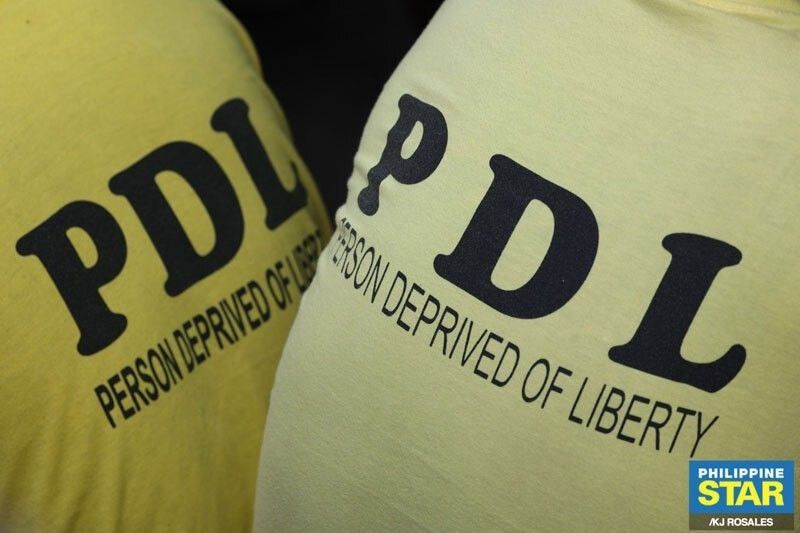Improving healthcare access for individuals deprived of liberty

MANILA, Philippines — The Philippines is confronted with the stark reality of being ranked third in terms of prison overcrowding globally, highlighting a pressing concern: individuals deprived of liberty face dire living conditions that imperil their health and well-being.
According to data culled from the Department of the Interior and Local Government (DILG), the Philippines ranks 11th globally in terms of the number of incarcerated individuals, at approximately 165,000 nationwide. While there may be those who argue that those deprived of liberty merit lesser treatment than the rest of society, I firmly believe in upholding the State’s commitment to upholding human dignity and ensuring the safeguarding of human rights – even for those in prison.
Deprivation of freedom already is a heavy punishment in itself; however, incarceration should never translate to the denial of basic services, particularly concerning healthcare, which is a basic human right.
For years, persons deprived of liberty have confronted significant challenges in accessing essential services, ranging from adequate nutrition to availability of personal care supplies and, perhaps one of the most critical needs – basic healthcare. These difficulties not only degrade their living conditions but also worsen the inequality gap in healthcare access across the country.
In recent years, there has been progress in terms of improving the living conditions of incarcerated individuals; however, substantial efforts are still needed to address remaining challenges comprehensively.
A notable development in this area is the collaboration between the Department of Justice (DOJ) and Metro Pacific Investments Corp.’s mWell, which is led by business leader Manuel V. Pangilinan. This partnership has facilitated teleconsultation services for over 3,000 persons deprived of liberty at the Correctional Institute of Women.
Through this initiative, powered by mWell and Huawei Philippines, incarcerated individuals can engage in e-consultations with doctors via tablets preloaded with the mWell app, enabling them to receive e-prescriptions and lab referrals. This telemedicine initiative complements the upcoming laboratory services at the correctional facility, to be implemented by the DOJ. I view this setup as a practical and innovative solution to healthcare challenges faced by those deprived of liberty.
The DOJ-mWell collaboration underscores the potency of public-private partnerships in addressing societal issues, particularly the often-neglected medical needs within the criminal justice system.
As Justice Secretary Jesus Crispin Remulla aptly said in a statement, “It is the right of every human being to have access to a reliable, free and speedy healthcare, it is the most basic aspect of humanity which should be accorded not only to those who are free but to those who are not, as well.”
By leveraging the synergies between the public and private sectors, we can effectively bridge the gaps in healthcare accessibility for incarcerated individuals. Moreover, this collaborative approach alleviates the strain on public funds and resources, allowing for their redirection toward other critical social services.
The private sector’s contributions, as seen in the DOJ-mWell partnership, encompass medical expertise and cutting-edge technologies, enriching not only basic healthcare access but also the overall correctional facility environment.
It is also worth noting that the private sector is often leading and spearheading medical innovations. This presents an opportunity for the public sector to draw valuable insights to improve healthcare access and quality for individuals deprived of liberty.
Public-private partnerships offer an efficient and effective way forward in addressing the pressing and often overlooked challenges within our criminal justice system’s healthcare framework.
Through embracing public-private collaborations, the government not only addresses the fundamental needs of incarcerated individuals but also showcases a steadfast and sincere commitment to enhancing the quality of life for all Filipinos, including those behind bars.
- Latest
- Trending






























